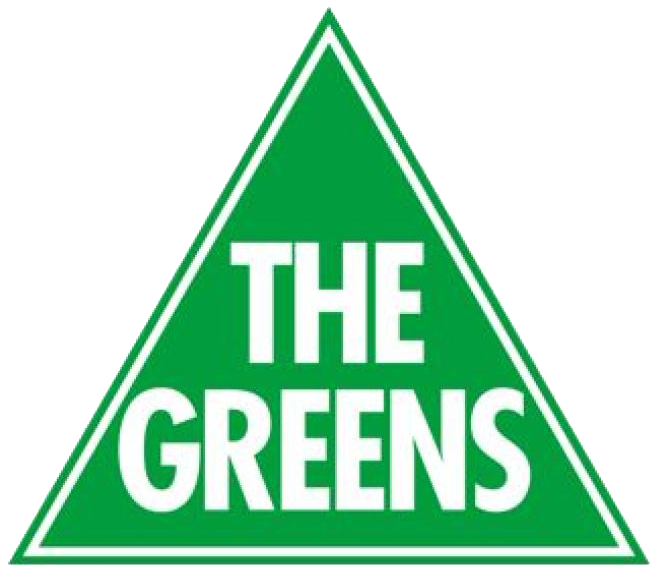The federal budget is nothing like a household budget. Not even a little bit. The key difference between government finance and household finances is that households have a finite life span, but the government does not (even when there is a change of leader or political party in power).’
Richard Holden, Professor of Economics, UNSW Australia
The ‘Back in Black’ coffee cups that appeared before the last election were certainly an example of counting your chickens before they hatch. It is also a perpetuation of a myth that the Coalition likes to put forward, that the Commonwealth government’s budget is like a household budget. It might be a simple idea to help the electorate understand economics but the latest budget figures that are deep in red just prove that we were being hoodwinked.

Recently ideas such as MMT (Modern Monetary Theory) have started to be talked about in the mainstream media and the general population are becoming aware as to why the household budget metaphor is a myth. Stephanie Kelton (The Deficit Myth, Modern Monetary Theory and how to build a better economy, 2020) outlines how the Commonwealth government is a currency Issuer who creates Australian dollars (literally with a keystroke on the computer!). There is a large range of values between zero debt and an unsustainable level of debt that will cause currency issues. So if the Commonwealth wants to put more money into the economy like they have for JobKeeper and JobSeeker they can create money for that. So the big question is not about can we afford things, it is about what our priorities are.
Although this may seem like a fairy tale, it isn’t for the State governments and the general population as they are currency Users. They do actually have a budget but State governments can be given extra money from the Commonwealth just as the general population can. They can also borrow, but this does come with an interest cost which does impact future spending. The balancing factor is inflation. If too much money is issued, then inflation will rise and this is what must be balanced – there is a limit.
So when politicians say we can’t afford it, this can be interpreted as this is not important and not a priority.



Comments are closed